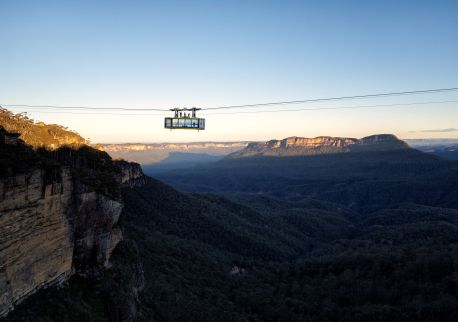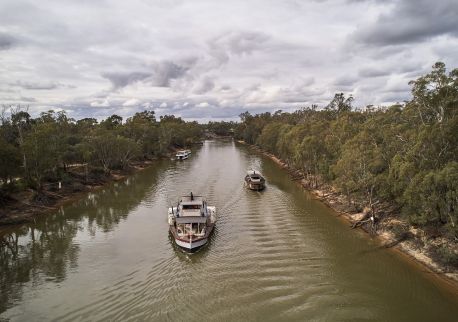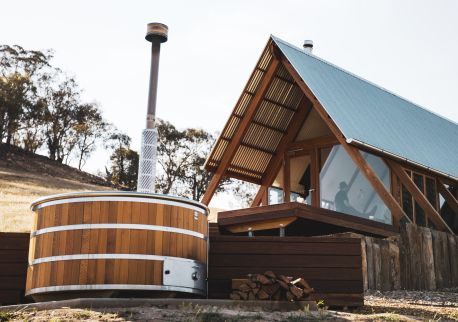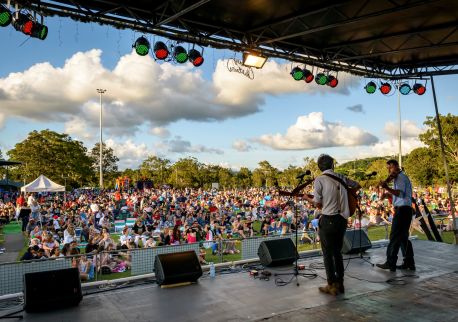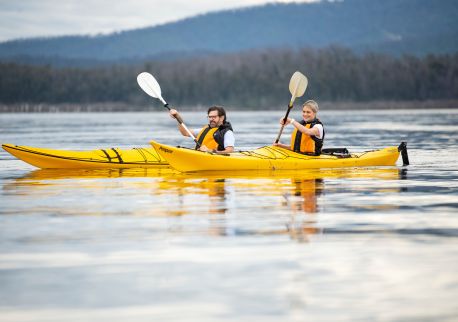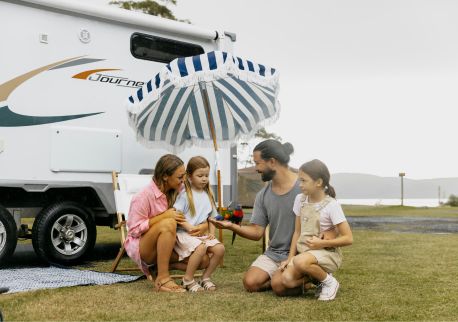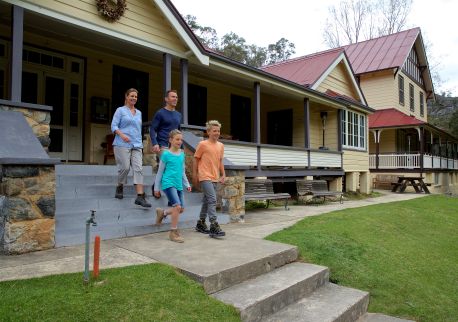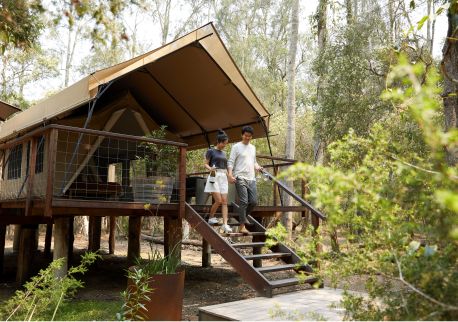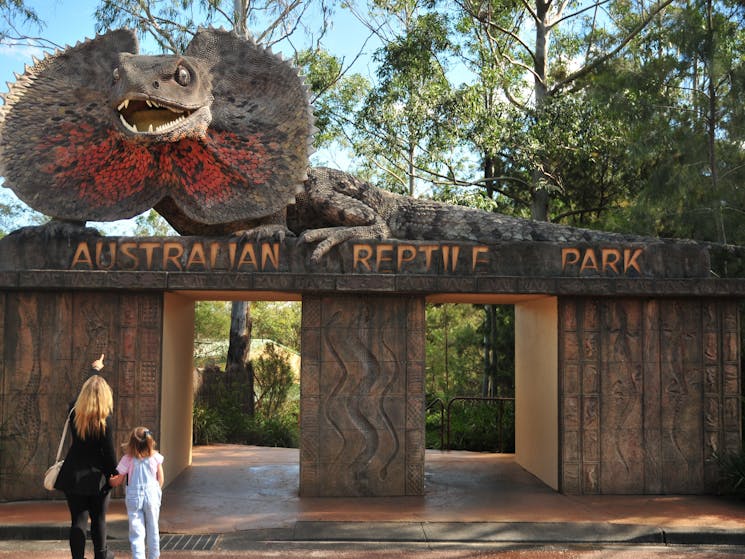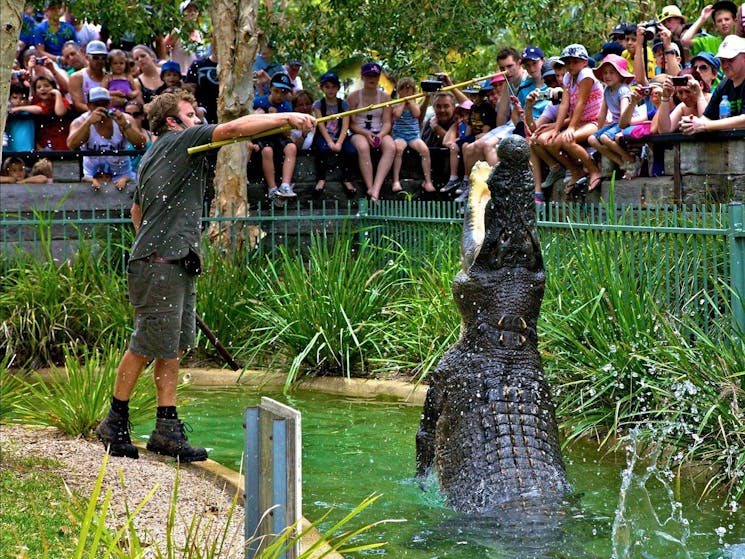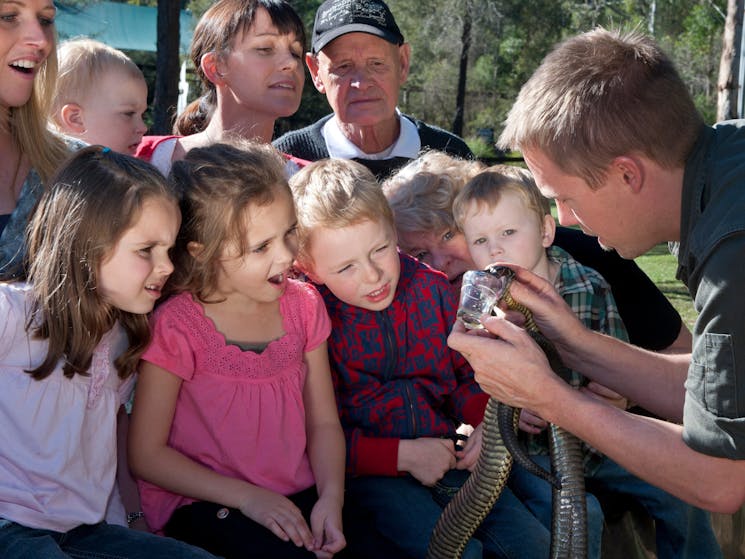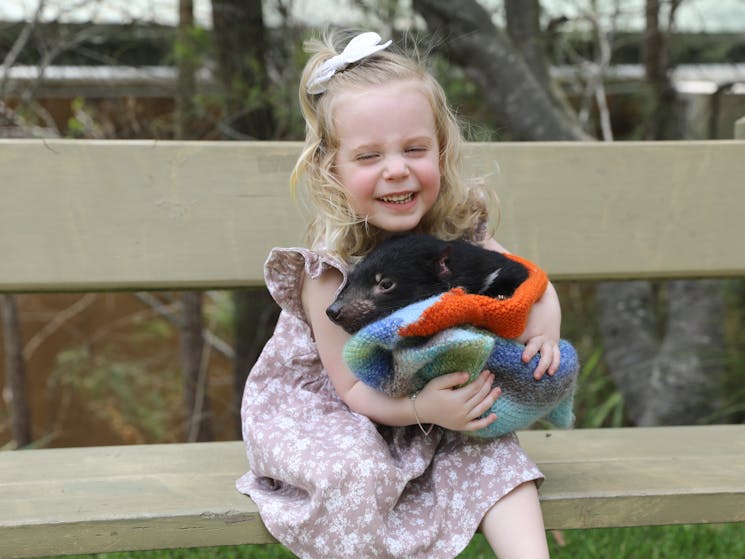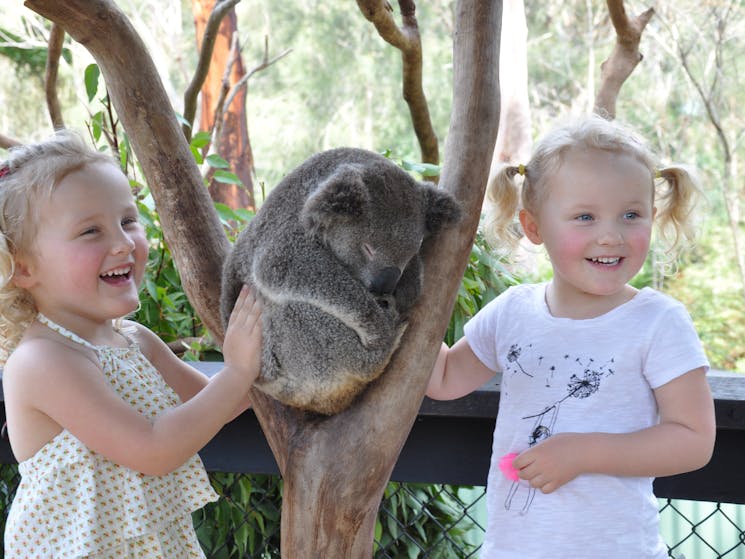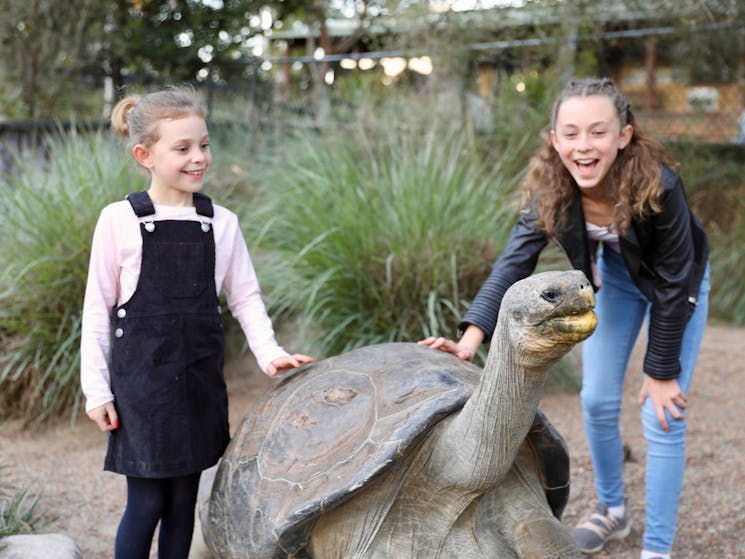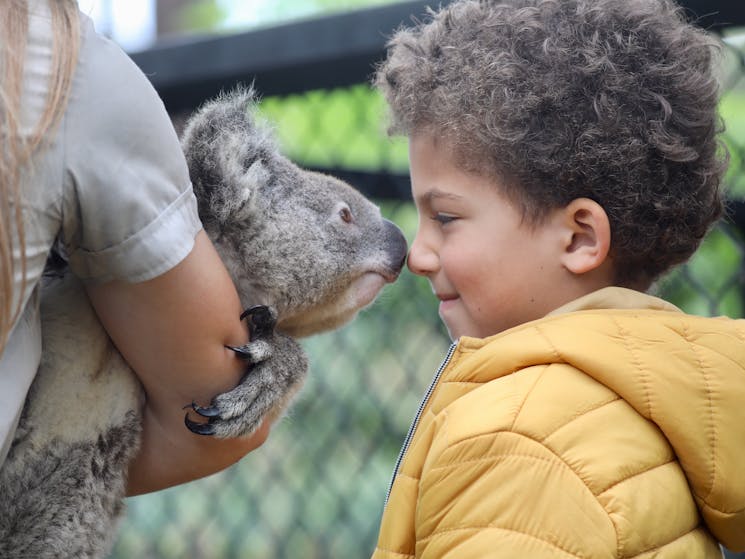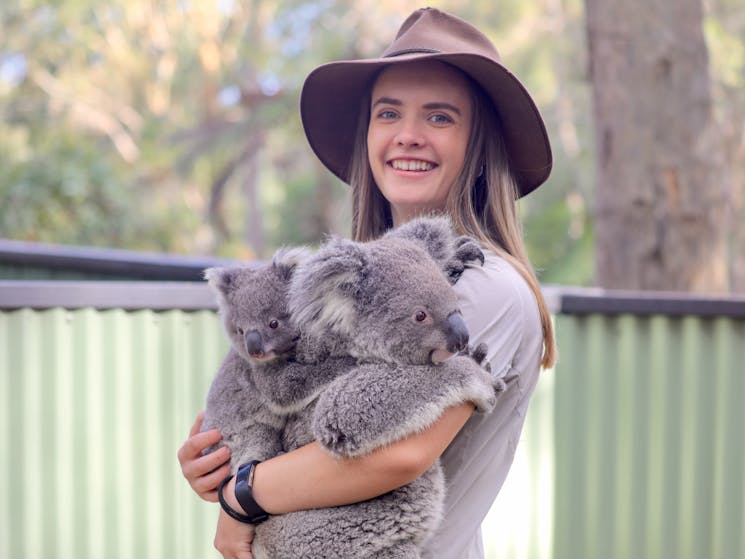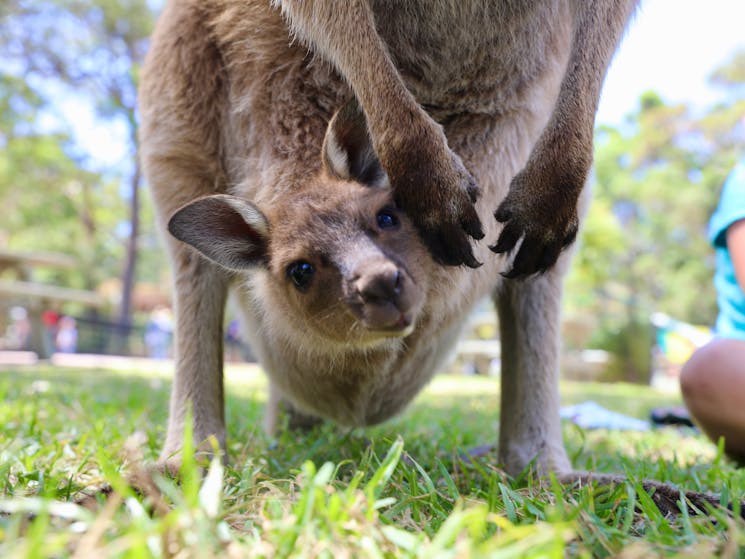Australian Reptile Park
Highlights
See Elvis the croc and 40 alligators in thrilling live shows
Just one hour from Sydney, perfect for a family day trip
Overview
The Australian Reptile Park, located on the Central Coast of New South Wales and awarded Australia's best major tourist attraction, is renowned for being a great family fun day out, only one hour from Sydney and Newcastle.
Get up close with native Australian wildlife including kangaroos, koalas, Tasmanian devils and wombats. Admire cassowaries, dingos, Komodo dragons, and walk with Hugo, their giant Galapagos tortoise.
Learn about the venom program in the reptile show and catch the awe-inspiring Elvis the saltwater crocodile, plus the 40 American alligators in the lagoon.
Kids of all ages will enjoy the playground and interactive exhibits, including the Lost World of Reptiles, Spider World, Frog Hollow and Weigel Venom Centre.
Pack a barbecue lunch and enjoy the complimentary barbecue facilities in the picnic grounds surrounded by kangaroos or enjoy a variety of food from the cafe.

